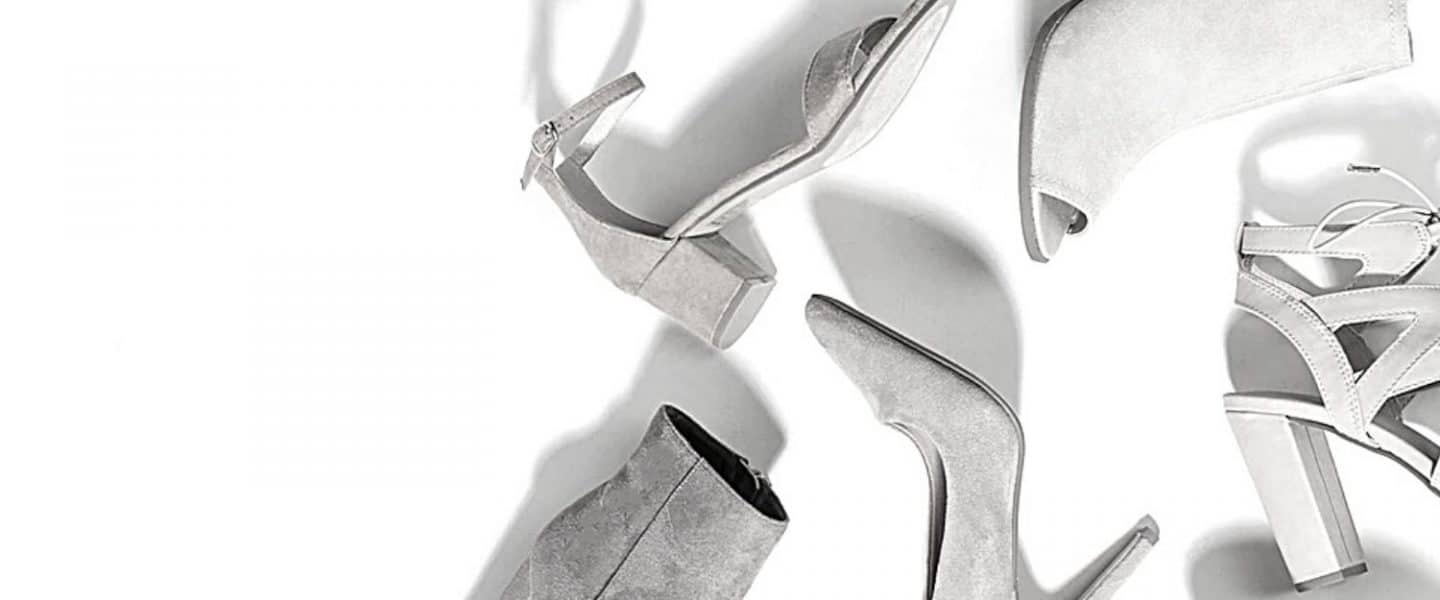“Empathy is… communicating that incredibly healing message of you’re not alone” – Brené Brown
In this week’s episode, we look at empathy. The Cambridge dictionary defines empathy as the ability to share someone else’s feelings or experiences by imagining what it would be like to be in that person’s situation. I came across a poem that I wanted to share with you. Morgan Harper Nichols writes on Empathy which can add some depth to what empathy can look like. “Let me hold the door for you. I may have never walked in your shoes, but I can see your soles are worn, your strength is torn under the weight of a story I have never lived before. Let me hold the door for you. After all, you’ve walked through; it’s the least I can do”.
Have you ever been a receiver of empathy? What a precious gift it is! Have you ever given empathy? Perhaps it’s something that we practice and grow in and develop. I appreciate empathy because it’s not about having the answers to fix someone else or their situation. It’s coming alongside someone in a non-judgmental way. Empathy can take on different forms, and it’s coming to understand what is needed in that moment.
Brené Brown has done some great work around empathy and explains how we can miss the mark sometimes. She calls these “empathy misses”. Here they are in a nutshell.
- Empathy Miss #1: Sympathy vs. Empathy
The friend who responds with sympathy (“I feel so sorry for you”) rather than empathy (“I get it, I feel with you, and I’ve been there”).
- Empathy Miss #2: The Gasp and Awe
The friend who hears your story and feels shame on your behalf. They may gasp and tell you how horrified you should be (“OMG, I can’t believe you did that.“). When this happens, we feel the need to make the other person feel better rather than asking for what we need, which is empathy.
- Empathy Miss #3: The Mighty Fall
The friend who sees who as perfect. They are so let down by your imperfections and disappointed in you (“I just never expected that from you. I didn’t think you would ever be someone who didn’t do well. What happened?”)
- Empathy Miss #4: The Block and Tackle
The friend who is so uncomfortable with vulnerability that they criticise you (“What happened?! What were you thinking?”).
- Empathy Miss #5: The Boots and Shovel
The friend who is all about making it better and, out of their own discomfort, refuses to acknowledge that you can actually make terrible choices (“You’re exaggerating. It wasn’t that bad. You rock. You’re perfect. Everyone loves you”). They are trying so hard to make you feel better that they’re unable to connect with your emotions.
- Empathy Miss #6: If You Think That’s Bad…
The friend who confuses “connection” with the opportunity to one-up you. (“That’s nothing. Listen to what happened to me one time!”)
- Empathy Miss #7: I Can Fix That!
The friend who immediately jumps to problem-solving rather than just being with you in your experience. Most of us struggle with this one, especially if friends often come to us for help solving problems. One helpful, empathic reply is to acknowledge the feelings and ask, “What does support look like?” This gives the person in struggle the opportunity to say, “Just listening helps” or “Can you help me figure this out?”
Have you done any of these empathy misses yourself when trying to show empathy, or have you been on the receiving end of these? I can say yes and yes. If you are looking at developing your empathy skills, I have made available a resource that has some empathy leads that can help you (if you are subscribed to the mailing list, you would have received this in your inbox).
Before we part ways, remember that empathy is something that we grow in. Trying to understand someone’s feelings and listening to others is powerful and it can help strengthen our relationships. So until next week, you take care and wishing you a fantastic week ahead.

